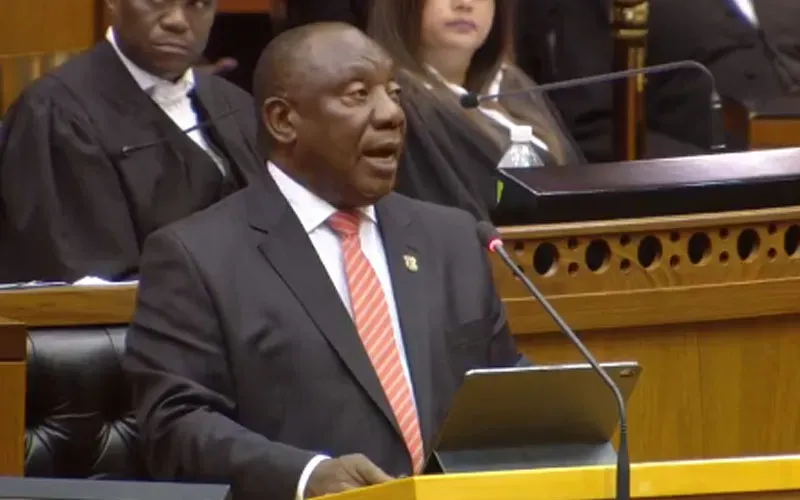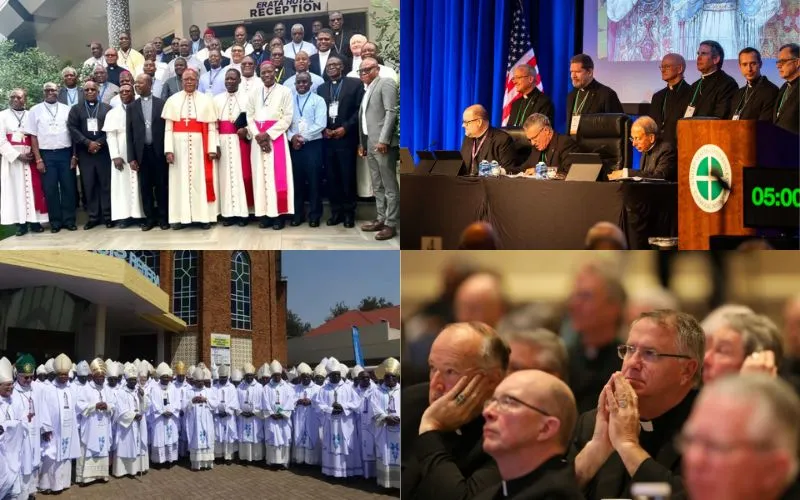Johannesburg, 06 December, 2022 / 9:41 pm (ACI Africa).
Officials of the South African Council of Churches (SACC) have welcomed Section 89 independent panel report, which followed investigations into financial crimes allegations laid on the President of South Africa, Cyril Ramaphosa.
A former spy, Arthur Fraser, accused President Ramaphosa of abduction, bribery, money laundering, and concealing a crime in relation to the alleged theft of US$4 million from his Phala Phala game farm.
The Section 89 report indicates that President Ramaphosa may have committed impeachable offenses by violating his oath of office and the Prevention and Combating of Corrupt Activities Act.
“The South African Council of Churches (SACC) welcomes the Section 89 independent panel report under former Chief Justice Sandile Ngcobo as a watershed moment for our constitutional democracy,” officials of the church entity that include representatives of the Southern African Catholic Bishops Conference (SACBC) say in a December 4 statement.
The church leaders add that the panel report “is a significant starting point of the National Assembly to entrench its constitutional responsibility of oversight over the executive and holding it to account for; our constitution places no one or office beyond public accountability.”








